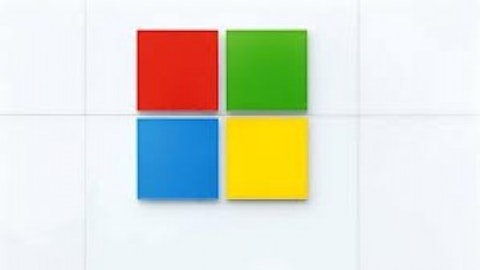In 2004, Congress passed the American Jobs Creation Act, a bill full of tax policy changes intended to lower tax burdens for a variety of domestic industries. Inside the bill was a big provision, which enabled companies to bring money home to the United States at a tax rate of 5.25%.
Allowing U.S.-based companies to bring money home at a discount led to the flow of $312 billion back to American shores. Much of that cash, according to the National Bureau of Economic Research, was later paid out in the form of dividends and stock repurchase plans. This is one of the many reasons why I believe the “great repatriation” is much bigger for investors than the so-called “great rotation.”
In truth, the last repatriation holiday didn’t lead to more domestic spending in the United States insofar as industrial investment. That part of the American Jobs Creation Act may have missed its mark.
But no matter the reason, whether to spur job growth or to simply allow investors to get their hands on the earnings of America’s companies, a repatriation holiday looks more promising than ever.

Foreign cash is making headlines
The last time a repatriation tax break received any attention in Congress was in 2011. At the time, Apple Inc. (NASDAQ:AAPL) had only $12 billion overseas, Google Inc (NASDAQ:GOOG) had roughly $17 billion, and Microsoft Corporation (NASDAQ:MSFT) had $29 billion.
Today, those numbers are much higher. As of March 30, 2013, Apple Inc. (NASDAQ:AAPL) had $102 billion waiting to be repatriated. Google Inc (NASDAQ:GOOG) has $31.1 billion. Microsoft Corporation (NASDAQ:MSFT) has $66 billion sitting on foreign shores.
This isn’t the full extent of the enormous amount of cash held away from American shores. In fact, according to FactSet, the balance of cash on non-financial companies in the S&P 500 is now up to $1.27 trillion. Much of that cash is in foreign lands, presently shielded from American tax policy. In 2005, at the time of the last tax holiday, cash on S&P 500 balance sheets sat at $900 billion.

Apple’s move places pressure on lawmakers
Apple Inc. (NASDAQ:AAPL)’s move to borrow $17 billion is good for all investors, whether one has a position in Apple or not.
First, it shows that American corporations can use their foreign cash without paying Uncle Sam by tapping the debt markets to borrow against cash balances at presently low interest rates.
Second, it shows that, repatriation or not, corporate profits can still flow to shareholders. Corporate profits should flow to shareholders in the form of repurchases and dividends. Criticism of the 2005 repatriation holiday is misguided.


